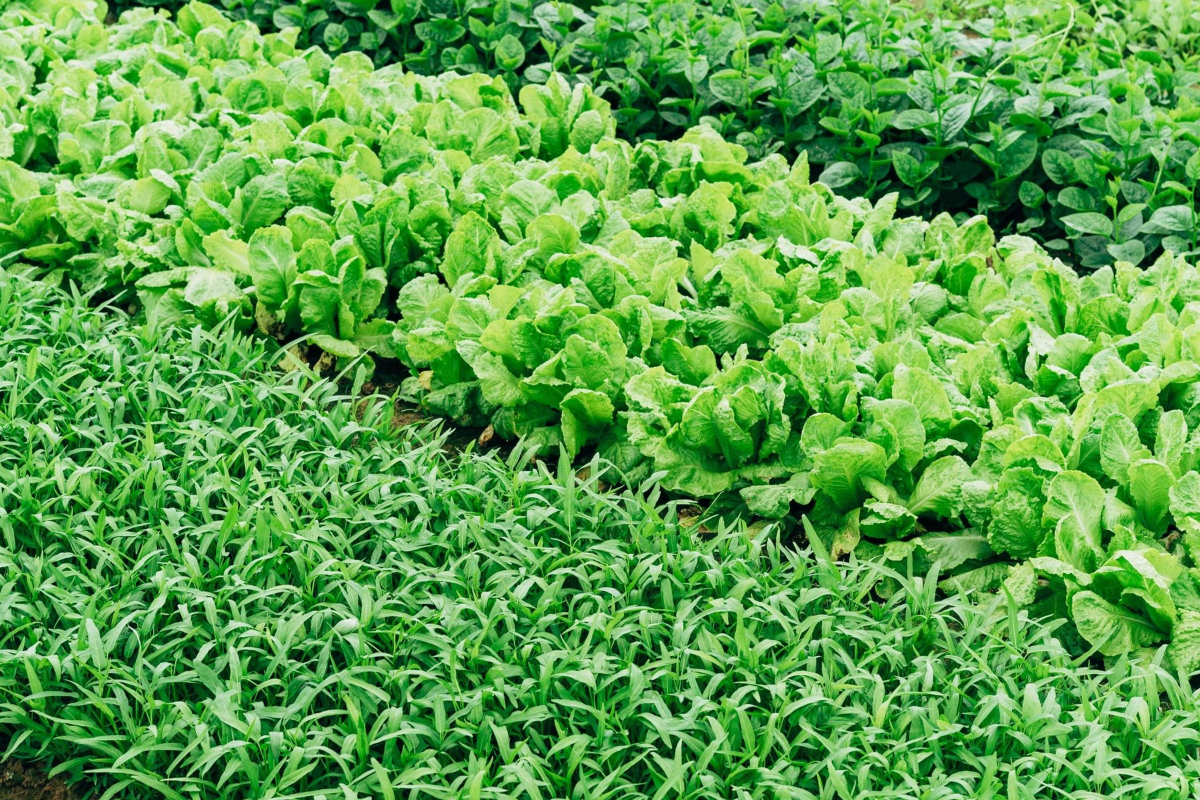Cultivating Wealth: Investing in Farmland and Agribusiness in East Africa
As the world’s population continues to grow, the demand for food is increasing, making agriculture one of the most critical sectors globally. In East Africa, agriculture is not just a way of life; it’s a significant driver of economic growth. Investing in farmland and agribusiness presents a unique opportunity to cultivate wealth while contributing to food security. This blog post will delve into the benefits of investing in farmland and agribusiness in Kenya and East Africa, highlighting key opportunities and strategies for success.
Why Invest in Farmland?
Farmland is a tangible, appreciating asset that has consistently proven to be a stable investment. Unlike other forms of real estate, farmland offers both capital appreciation and income generation. The value of farmland typically increases over time, driven by rising land scarcity and the growing global demand for food.
Investing in farmland in East Africa, particularly in Kenya, provides several advantages:
- Steady Appreciation: Farmland tends to appreciate in value, offering long-term capital growth.
- Low Volatility: Farmland is less affected by economic fluctuations compared to other investments like stocks or commercial real estate.
- Income Generation: Farmland can generate income through crop production, livestock farming, or leasing to other farmers.
Types of Agricultural Investments
There are several ways to invest in the agricultural sector in East Africa. Here are some of the most common options:
- Crop Farms: Investing in farms that produce staple crops like maize, beans, and potatoes can provide steady income, particularly in regions with high demand for food. Specialty crops such as coffee, tea, and horticultural products like flowers and vegetables offer export opportunities with higher profit margins.
- Livestock Farms: Livestock farming, including cattle, poultry, and dairy farming, is another profitable investment. Kenya is known for its high-quality beef and dairy products, which are in demand both locally and internationally.
- Mixed-Use Farms: These farms combine crop production with livestock farming, offering diversified income streams. Mixed-use farms can be particularly resilient to market fluctuations and environmental challenges.
- Organic and Specialty Farming: With the growing global demand for organic and sustainable products, investing in organic farming or specialty crops like herbs, spices, and essential oils can yield high returns.
Selecting the Right Farmland
Choosing the right farmland is crucial for the success of your investment. When selecting farmland in East Africa, consider the following factors:
- Soil Quality: Fertile soil is essential for successful crop production. Conduct soil tests to assess the nutrient content and suitability for specific crops.
- Water Availability: Reliable access to water is critical, especially in regions prone to drought. Consider land near rivers, lakes, or areas with established irrigation systems.
- Climate: The climate should be suitable for the crops or livestock you plan to raise. Some crops require specific temperature and rainfall conditions, so choose land in regions with a climate that supports your agricultural goals.
- Access to Markets: Proximity to markets is vital for selling your produce. Land near urban centers or transport routes can reduce transportation costs and increase profitability.
Agribusiness Opportunities
In addition to owning farmland, there are numerous opportunities to invest in agribusiness:
- Processing and Packaging: Adding value to raw agricultural products through processing and packaging can significantly increase profits. For example, processing coffee beans or packaging fresh produce for export.
- Distribution and Export: Investing in logistics and distribution networks to move agricultural products from farms to local or international markets. Exporting specialty crops to high-demand regions can be particularly lucrative.
- Partnerships with Local Farmers: Collaborating with local farmers or cooperatives can expand your agricultural footprint and leverage local expertise. These partnerships can also help mitigate risks and improve access to markets.
- Agritech Solutions: Investing in agricultural technology, such as precision farming tools, irrigation systems, and sustainable farming practices, can enhance productivity and reduce costs.
Risks and Mitigation Strategies
Like any investment, farmland and agribusiness come with risks. However, with careful planning and risk management, these risks can be mitigated:
- Climate Change: Unpredictable weather patterns can affect crop yields. Invest in irrigation, crop insurance, and climate-resilient crops to reduce vulnerability.
- Market Fluctuations: Prices for agricultural products can be volatile. Diversify your crops or invest in value-added products to reduce dependence on a single market.
- Pests and Diseases: Protect your investment with proper pest control, crop rotation, and the use of resistant crop varieties.
- Land Ownership Issues: Ensure that the land you purchase has clear title deeds and is free from legal disputes. Work with reputable real estate agents and legal advisors to conduct due diligence.
Conclusion
Investing in farmland and agribusiness in East Africa offers a unique opportunity to cultivate wealth while contributing to food security and economic growth. With the right strategies, you can turn your agricultural investment into a profitable and sustainable business. Explore farmland and agribusiness opportunities on RealEstateKenya.net and start your journey towards a prosperous future in agriculture.




